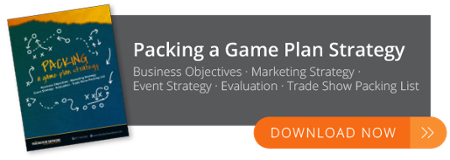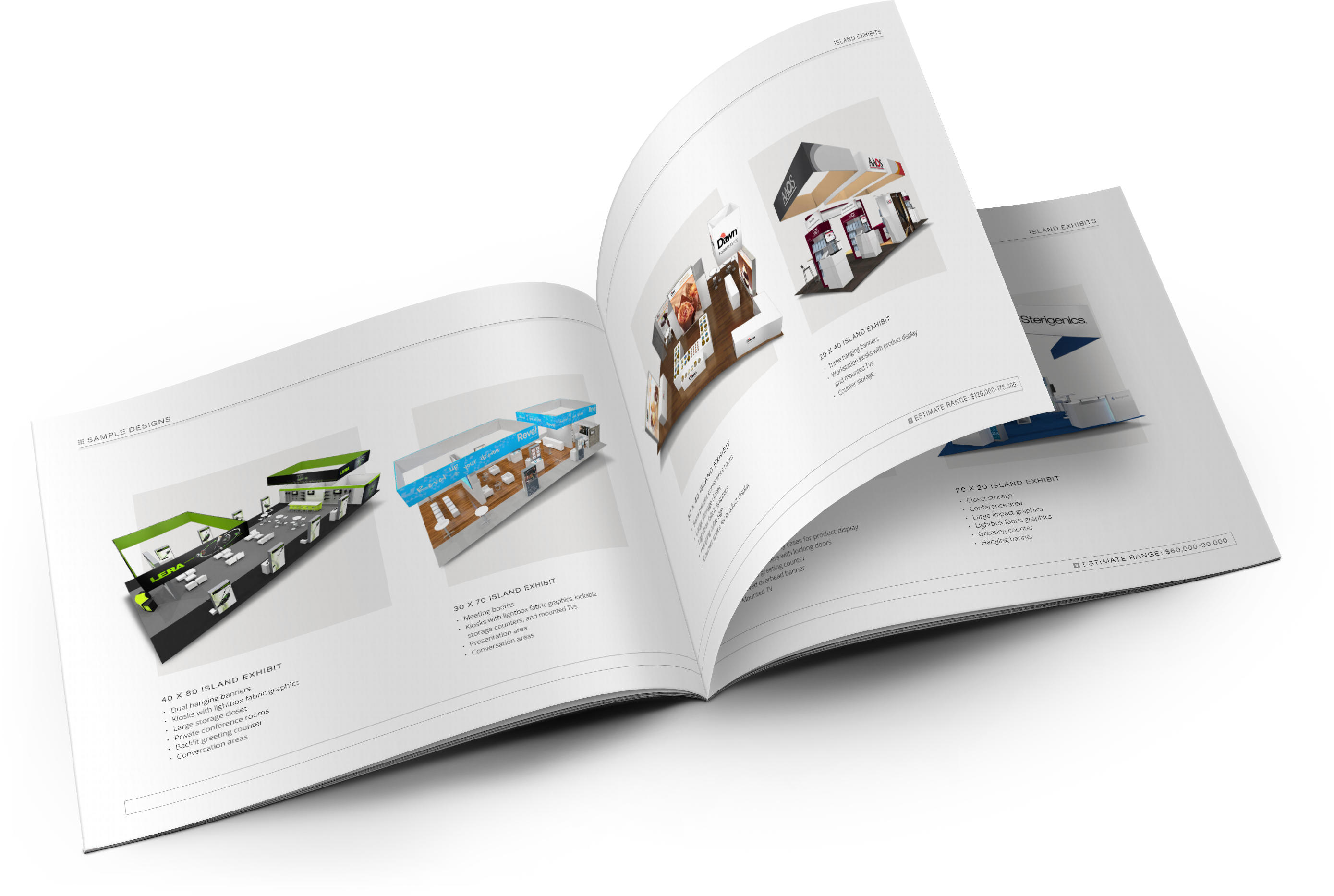Let's get one thing straight: If you're connecting with a prospect for the very first time, you should never paste your elevator pitch into your email or say it as soon as they pick up the phone or walk into your trade show booth. Because that doesn't work. You sound like a salesperson trying to sell them -- which makes the modern buyer run for the hills.
So when are elevator pitches effective? When you're talking to a stranger (at a networking event, in line, while riding public transit, or yes, on an elevator), and they ask, "What do you do?" or "Where do you work?" In situations like these, you need a short, snappy, easy-to-grasp explanation of your company and its products. The person you're speaking with might turn out to be a perfect fit -- or know someone who is.
 What is an elevator pitch?
What is an elevator pitch?
It's a 30-second memorable description of what you do and/or what you sell. The goal is to earn a second conversation, not to convince the person you're talking to they should hire you or buy your solution. We'll explain what a great one sounds like.
How do you create an effective elevator pitch? Let's take a look.
How to Write an Elevator Pitch
- Who are you?
- What does your company do?
- What's the value proposition?
- Grab their attention.
- Read and edit the pitch.
1. Who are you?
Before jumping into your elevator pitch, you'll need to introduce yourself to the person you're talking to. Write a sentence about who you are and what your role is at the company. This will help you start the conversation off on the right foot.
2. What does your company do?
Have a clear understanding of what your company does. What's the company's mission and goals for its product or service? Include a section in your pitch where you introduce the company. The more you know about the business, the easier it will be to cater your pitch to the person you're talking to.
3. What's the value proposition?
What does your company do exceptionally well that sets its product or service apart from the rest? Write a brief, 1-2 sentence statement about the value the product or service provides to current customers.
4. Grab their attention.
Pull in your audience with an exciting story about a customer or the company founders. Or offer up a fascinating fact or statistic about the product. An attention-grabbing hook keeps people engaged with what you're saying.
5. Read and edit the pitch.
Read your pitch aloud and make sure it sounds natural. If your pitch is overly formal, you could come off as stuffy and uptight. Instead, make your pitch conversational. This will keep your audience captivated and more likely to continue the conversation.
If you're looking for some inspiration, look no further. The following elevator pitch examples illustrate six different ways to describe what you can offer.
30 Second Elevator Pitch Examples
1. Attention-Grabbing Question
Length of Pitch: 30 seconds
Has your boss ever asked you to "whip up a quick report before the end of the day"? You say yes with a sinking heart -- because you know it'll be the opposite of quick. The founders of my company, AnswerASAP, constantly dealt with this problem in their roles as marketing executives. So they created a tool that puts all your data in one place and creates unique reports within 30 seconds or less.
This elevator pitch is effective because:
- It grabs your attention with a question
- It reminds you of an annoying -- and frequent -- pain
- It demonstrates empathy for your situation
- It's straightforward and doesn't use jargon
2. Reality Check
Length of Pitch: 30 seconds
Every day, the average marketer spends half an hour putting together reports. Most of the time, these reports are barely glanced at -- or worse, ignored altogether. AnswerASAP, which stores all of your data from every tool your business uses, is a game-changer here. Just type what report you want: For example, "A bar chart of revenue from every lead source in the past month." You'll get your report in 30 seconds.
This elevator pitch is effective because:
- It makes you realize the true productivity cost of reporting
- It sparks your frustration
- It helps you understand exactly how the product works with a simple example
3. Credibility Boost
Length of Pitch: 30 seconds
As an account executive for AnswerASAP, I talk to hundreds of marketers per month. And 99% of them hate creating reports. It's time-consuming, it's tedious, and it's usually not your highest priority. That's where our tool comes in -- it pulls from all of your data to create any report you want in less than the time it takes to pour a cup of coffee.
This elevator pitch is effective because:
- It demonstrates the speaker's authority
- It reinforces how strongly you hate making reports
- It uses a common metaphor to highlight the tool's ease-of-use
4. Short and Sweet
Length of Pitch: 30 seconds
The founders of my company were originally marketers. The worst part of their day, by far, was … Want to take a guess? No, it wasn't arguing with Sales. They detested making reports. I don't blame them. You know what a pain in the neck it is. That's why they created AnswerASAP. You can literally create any report you want in a matter of seconds.
This elevator pitch is effective because:
- It's short and sweet
- It explains the inspiration for the product
- It includes the company's origin story, which is scientifically proven to make it 22 times more memorable
5. Surprise Ending
Length of Pitch: 30 seconds
You want to know how many leads from your webinar campaign became customers versus leads from your trade show booth. But only customers who bought two products -- and weren't already in your database.
How long would it take you to create that report?
If you had AnswerASAP, a data and reporting tool, you'd already know. It creates reports in a matter of seconds.
This elevator pitch is effective because:
- It has a "surprise ending"
- It illustrates how valuable the product is in a creative way
- It forces you to compare your current situation to a better world
6. Customer Story
Length of Pitch: 30 seconds
Siena Rosen, a marketer at Dunder Mifflin, used to spend 30 minutes per day manually creating reports. Now that she uses AnswerASAP, that's gone down to four minutes. She's making twice as many reports in less time. Our tool helps marketers like Siena answer any question on their mind (or their boss's) nearly instantly. If you're curious, I can explain more.
This elevator pitch is effective because:
- It uses a customer example to give the product credibility
- It shows a clear and compelling "before and after"
- It demonstrates value
- It gives you a chance to say, "Sure, tell me more," or "I'm good, thank you."
Remember, an elevator pitch should only come at someone else's prompting. If you're spontaneously reciting it to random people, you're not doing yourself any favors. But if they ask, you want to be prepared with an interesting, well-crafted pitch.






